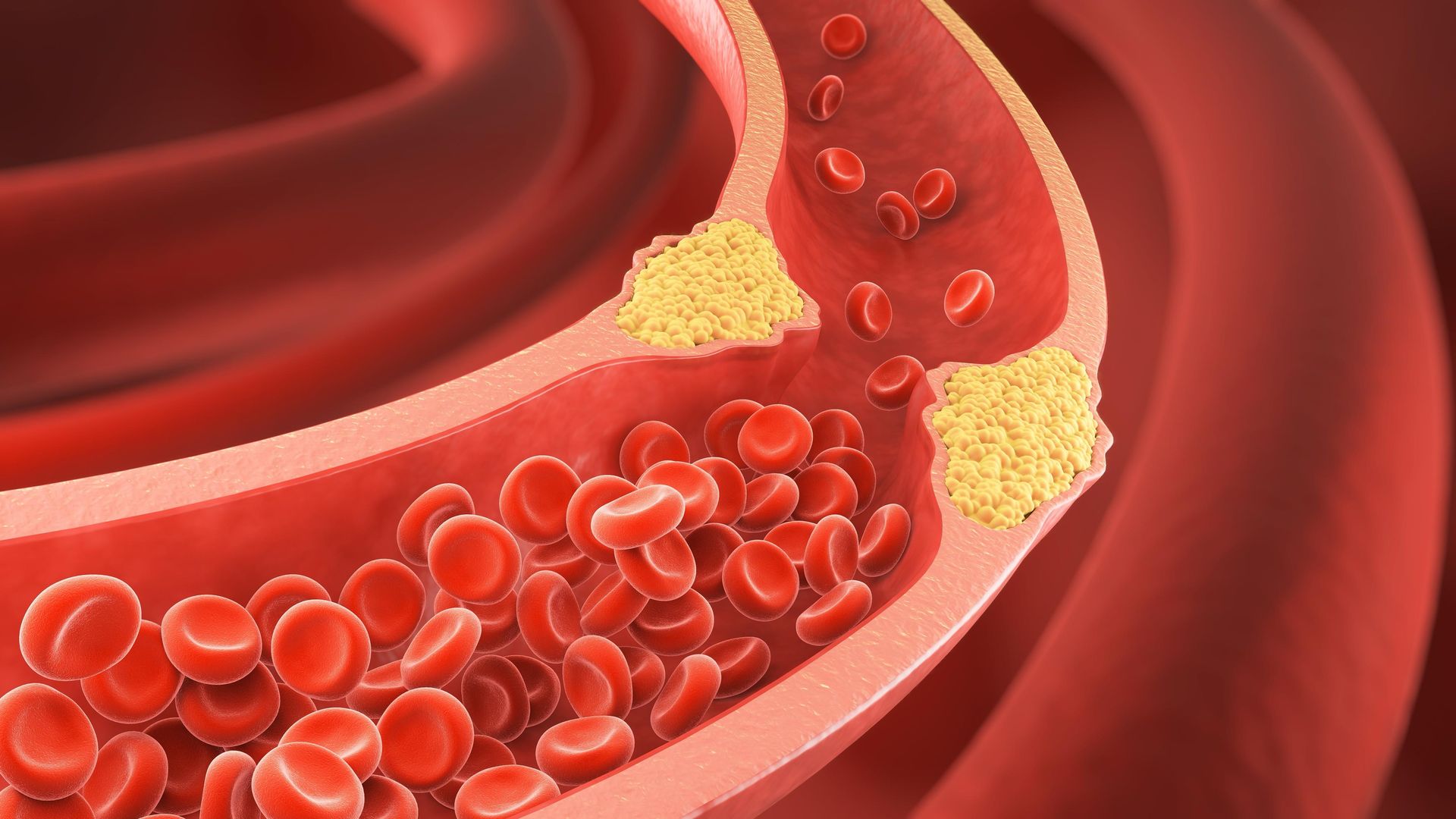Cholesterol is a term that we often hear in discussions about heart health, but do you really know what it means for your body? While it is often painted as the villain, cholesterol is actually essential for various bodily functions, such as building cells and producing hormones.
Sources of Cholesterol
Cholesterol is a wax-like substance present in the blood, and it originates from two sources. Your liver naturally produces the cholesterol that your body requires, while the rest is obtained from the foods that we eat, particularly animal-based products.
Types of Cholesterol
However, not all cholesterol is the same. There are two types: ‘good’ cholesterol which helps to protect your heart, and ‘bad’ cholesterol, which can elevate your risk of heart disease. Understanding the difference between these two types and how they impact your health is essential for maintaining a healthy heart.
Good vs Bad Cholesterol: What is the Difference?
Good Cholesterol
High-density lipoproteins (HDL), or ‘good cholesterol,’ plays a protective role for heart health. HDL’s work to remove excess cholesterol from the arteries, carrying it back to the liver, where it is processed and removed from the body. This cleansing process helps to prevent the build of plaque in the arteries, reducing the risk of atherosclerosis and other cardiovascular issues.
HDL levels can be improved through the following lifestyle modifications:
- Increase in aerobic exercises such as walking, running and cycling
- Establishing a consistent exercise routine
- Avoiding trans fats commonly found in margarine, vegetable shortening and baked goods
- Increase intake of fibre-rich foods like oats, beans and fruits
Bad Cholesterol
Lower-density lipoproteins, (LDL), or ‘bad cholesterol,’ is the main culprit when it comes to heart disease. This type of cholesterol transports cholesterol particles throughout your body, but when there is too much LDL in your bloodstream, it can deposit cholesterol on the walls of your arteries. Over time, these deposits, known as plaques, harden and narrow the arteries—a condition called atherosclerosis. This process restricts blood flow to essential organs, particularly the heart, and can lead to serious health issues like heart disease, heart attacks and strokes.
Several lifestyle factors can contribute to high LDL cholesterol levels, including:
- Diets high in saturated fats from fatty cuts of meat and full-fat dairy, as well as trans fats found in processed foods
- Physical inactivity
- Obesity
- Smoking
If you have concerns about your cholesterol levels or want to learn more, schedule a check-up with one of our cardiology consultants.
Taking early action can significantly impact your heart health, helping to keep it strong and healthy for years to come!






